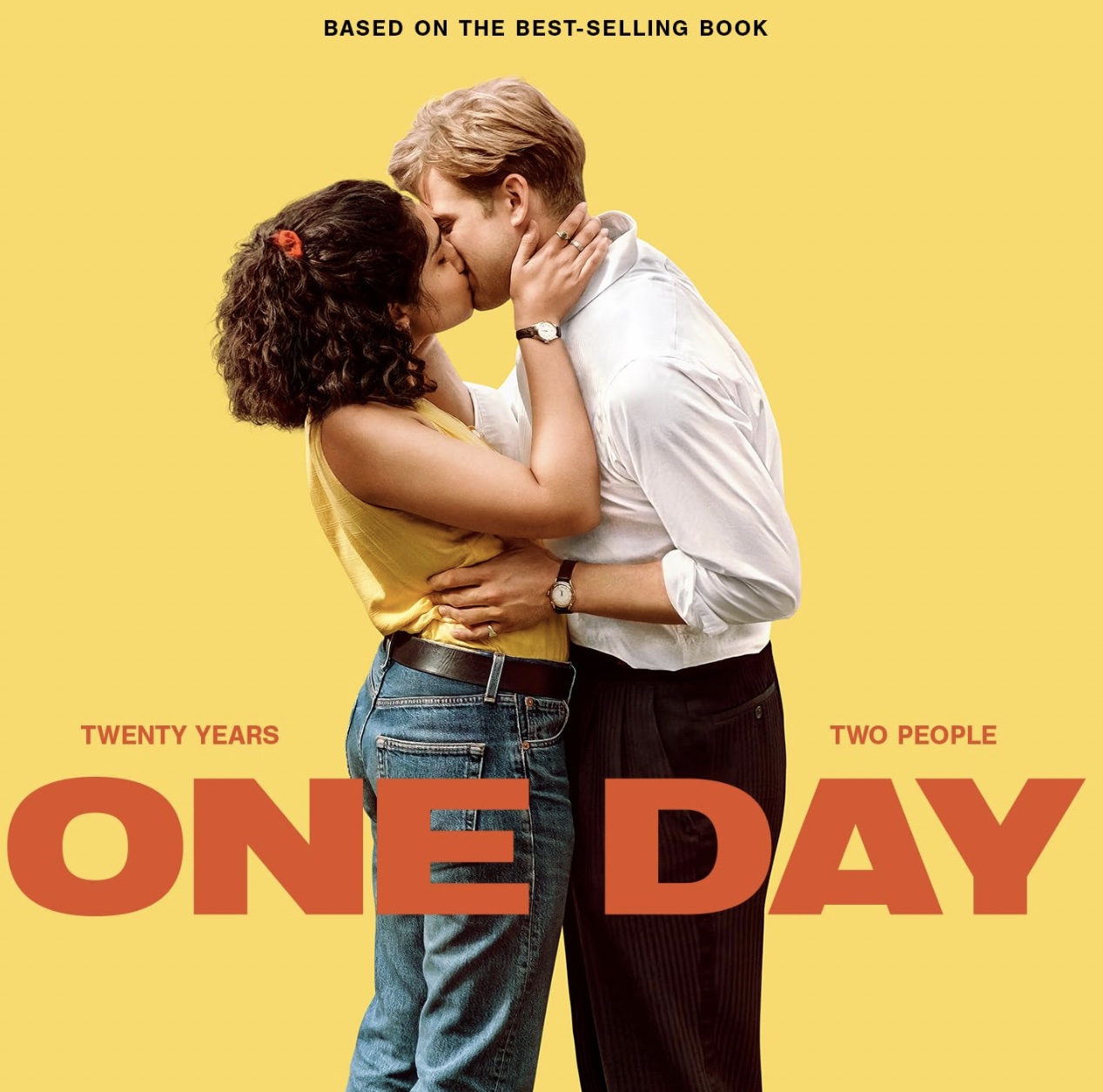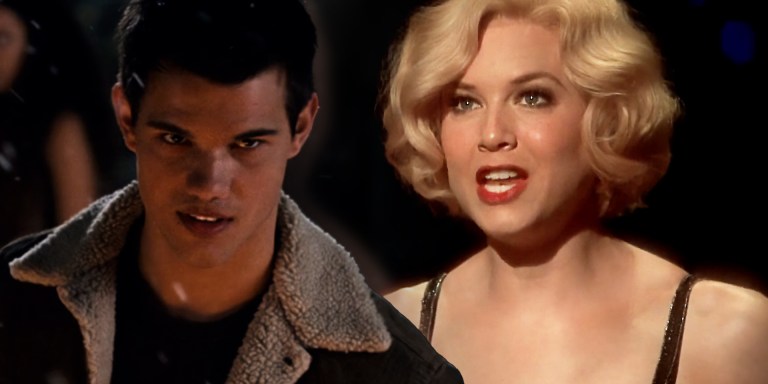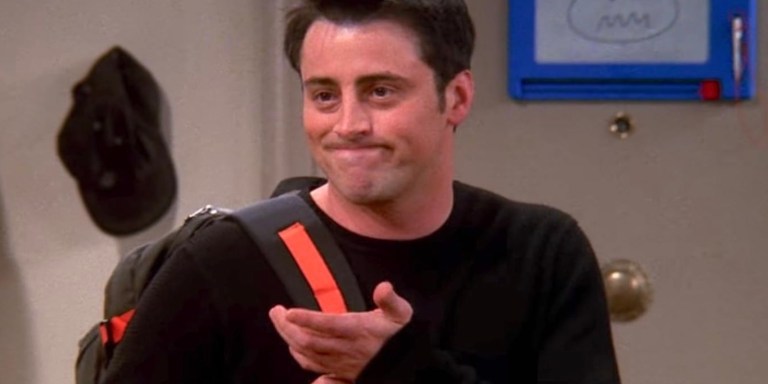If you haven’t heard of One Day on Netflix, then you’re probably not a regular on BookTok. Of course, there may be merit in such a decision – we’ll let the aliens judge for themselves when they study us in the future – but you’d still be missing out on a rom-com gem that has many viewers gagged. One Day, which is based on a novel that took the literary world by storm in 2009, follows headstrong Emma and listless Dex as they grow apart, then together, over 20 years. It was adapted once for film in 2011, but suffered from hurried storytelling and a bit of miscasting in the form of Anne Hathaway. The actress, though game and charming, came off as too polished to play the awkward Emma.
But the limited series version of One Day boasts some crackerjack casting in the form of Ambika Mod, who infuses her Emma with passion, humor, self-awareness, prickly vulnerability, and just a dash of self-loathing. Of course, she and the series benefit from a longer format, allowing for more than two hours to develop her and Dex as characters. However, by making the leap to a limited series, One Day has also drawn comparisons with another limited series adapted from a novel: Normal People.
It was inevitable, perhaps. Both One Day and Normal People feature two main characters, striking class differences, miscommunications, characters who settle, and memorable details. They also feature people with accents, which consigns them to a dedicated part of American viewers’ brains. Still, there’s one similarity between the two series that outlines their fundamental differences: The series both play with the concept of time.
Normal People follows the early lives of Marianne and Connell, spanning high school and college and fast-forwarding when necessary. One Day, on the other hand, takes place on only one day, July 15, but on twenty different occasions. And yet only the latter series treats the inexorable flow of time as an actual character in the story.
The book version of Normal People jumped through time in an almost gimmicky fashion, beginning chapters with cliffhangers only to turn back the clock and explain how readers would get there. And while the series didn’t feel as disjointed as the book, it did whisk its characters through different story beats to create tension. However, by covering a shorter amount of time, the series also honed in on Marianne and Connell’s personalities at a very specific time in their lives. This allowed Normal People to illustrate how even the smallest neuroses could cause friction, misunderstandings, and trauma. After all, Marianne and Connell were often a toxic couple, and by jumping through time too much, it would be harder to convey the intricacies of such a relationship.
One Day – as a series and as a book – is more focused on allowing its characters to grow. With each successive year, the characters acquire yet another layer of cynicism, disappointment, and self-discovery, pushing them ever closer to maturity. In this way, time becomes more of a secondary character, nudging Emma and Dexter towards their various epiphanies by pitting them against nature. Luck, opportunity, and even death play their part in bringing these two together – both physically and spiritually.
In one sense, this reflects One Day’s themes of maturity, self-love, and friendship: The characters need time to grow before making it as a couple. But in another sense, it makes for breezier viewing. One Day’s time jumps don’t just stir the pot; they also generate shocking developments and impatiently move things along when the story is lagging. Like the sassy best friend in a rom-com, One Day’s “one day a year” structure provides pure entertainment.
In any case, it’s disingenuous to compare One Day to Normal People. The two series have different tones, conceits, and intentions, and only one commits a narrative sin to make you cry. (If you know, you know.) In the end, One Day is just another brisk, brilliantly-filmed rom-com, simultaneously within and without the world of rom-com book adaptations. The two leads, Ambika Mod and Leo Woodall, are stars on the rise, while the series’ astute writing mines gems from its source material. If those aren’t enough reasons to watch, then consider this: The series is a sly, comforting reminder that time doesn’t stop for anyone – not even for your favorite fictional characters.






